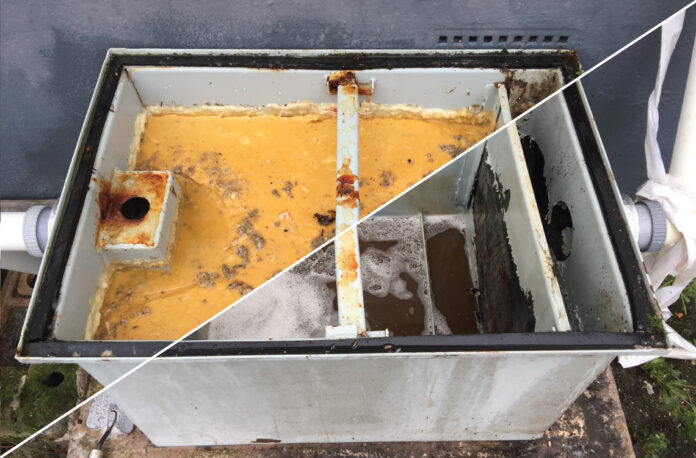
Grease is almost all around us. We can find them everywhere. From fast-food restaurants, through the meat processing industry to our own kitchen. It is almost impossible to prevent it from reaching the wastewater outlet – and therefore it must be prevented from reaching the sewers. That’s what grease traps are used for. How do grease traps work and how to maintain them properly? For this job, you will need the help of a professional service.
Grease Traps: What Are Those?
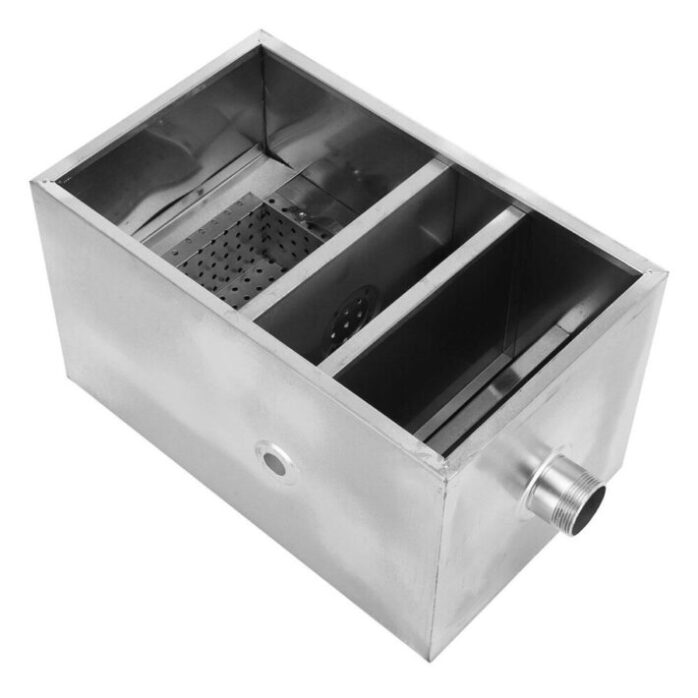
In companies that produce wastewater containing grease – grease traps or separators must be installed. They should be mounted to prevent damage to sewer pipes and wastewater treatment plants. They reduce the incidence of blocked drains, improve the performance of septic tanks, and prevent pollution of small wastewater treatment plants.
How Are They Set Up?
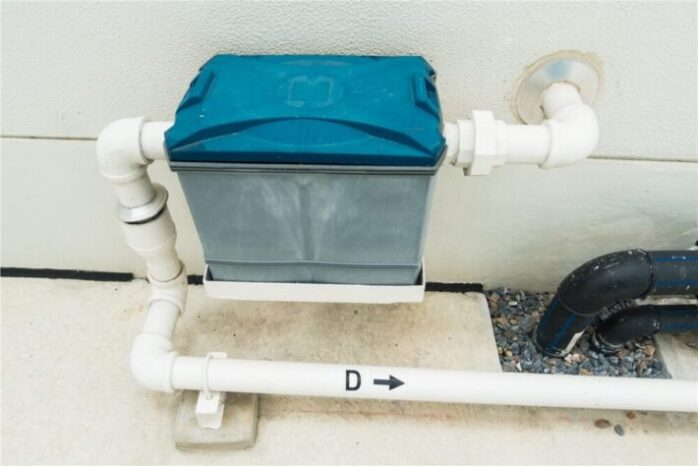
Grease traps are used to separate fat from wastewater before it goes into the sewer. In this way, the sewer drains are protected from clogging – which ensures the normal operation of the sewer system. If greasy wastewater were discharged directly into the sewer, the fat it would contain would settle on the walls of the sewer pipe and gradually reduce the diameter of the wastewater leak.
That process eventually leads to clogging. This way, grease and oil separators represent a type of preventive protection that is important for human health and the environment. They can be installed above ground or underground – depending on the need and conditions dictated by the place where the grease traps need to be installed. During installation, a place is chosen that is ideally distant from the place of entry of greasy wastewater to achieve suitable temperature conditions that affect the separation efficiency.
When Are Grease Traps Used?
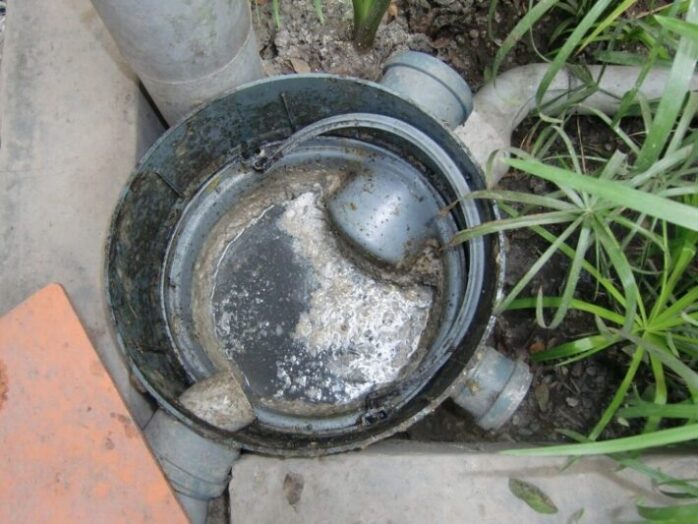
The causes of wastewater in the industry must ensure that substances and liquids that spread harmful and burdensome vapors and unpleasant odors, attack construction materials, and drainage devices or interfere with work – do not reach the public sewer. Grease traps should be installed in plants that generate wastewater that contains grease dirt. We are doing it to ensure the retention of grease, oils, and other greasy dirt of organic origin from untreated water. For example, this worths for restaurants, hospital kitchens, or meat processing plants. A free-standing pumping station must be provided behind each grease trap and installed below the return level. Due to a large number of specific requirements in the field – most manufacturers have made an effort to prepare a wide range of products, such as grease traps, pumping stations, and ready-made pumping shafts for installation in the ground, etc.
Selection And Size Of Grease Traps
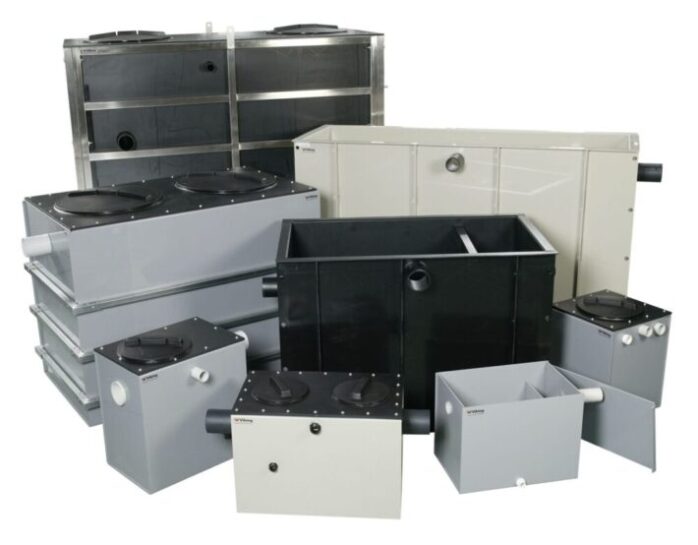
The choice and sizes of the grease traps are determined by the amount of wastewater to be treated, the density and type of grease to be removed, the dynamics of flow (periodically or constantly) – and the type of other impurities in the wastewater. During operation, the grease traps must be cleaned and maintained in the prescribed manner to maintain their efficiency.
According to greasetrapchicago.com – emptying grease traps, cleaning chambers and filters, removing the obtained wastewater from the separator, and re-commissioning – are important to be performed by professionals. This is because the whole job must be done in an authorized and prescribed manner. That is why you need the help of professional companies whose services are tailored to your needs.
5 Reasons For Hiring A Professional Grease Trap Service
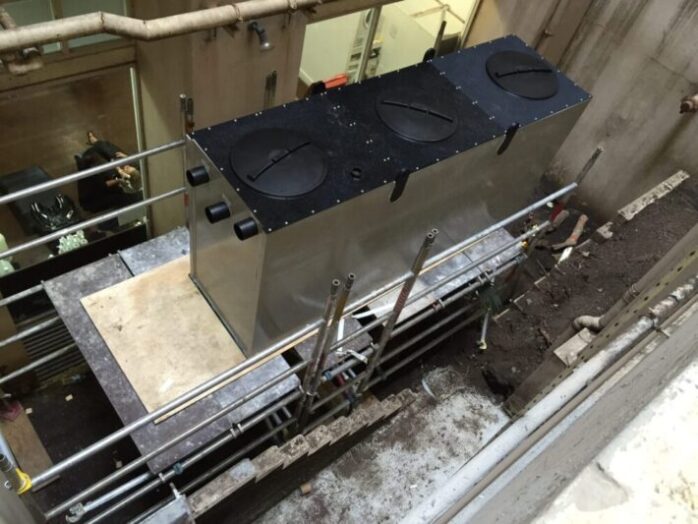
1. Professionals know how to handle hazardous waste inside grease traps
Various and sometimes hazardous wastes can be deposited inside the grease traps. Therefore, it is completely natural that you will turn to professionals to do this job. Their working methods provide you with safety and efficiency – and are determined by law. Therefore, this is the only and best solution – especially for clients such as restaurants, hospitals, factories, and the food industry.
2. Professionals know the regulations
When it comes to cleaning grease traps – you as a client have obligations under the law as well. One of them is that you have to clean the grease traps every 90 days. Sometimes this deadline is even shorter depending on the regulations in each state. If you forget about this obligation, it could cost you a fine. However, if you have a company that does it for you regularly – you can count on them to remind you of your obligations. However, do not count on it blindly – because it is still your obligation.
3. They know how to properly set grease traps
Although sometimes it seems that we can do it ourselves – it’s not like that. There have been many cases where, for example, restaurant owners – set up the separators themselves. However, it turns out later that they are not functioning properly. Then the professionals have to come to the rescue again – but in these situations, they will have a double job. Therefore, do not do the setup job yourself, but make sure you call grease trap service.
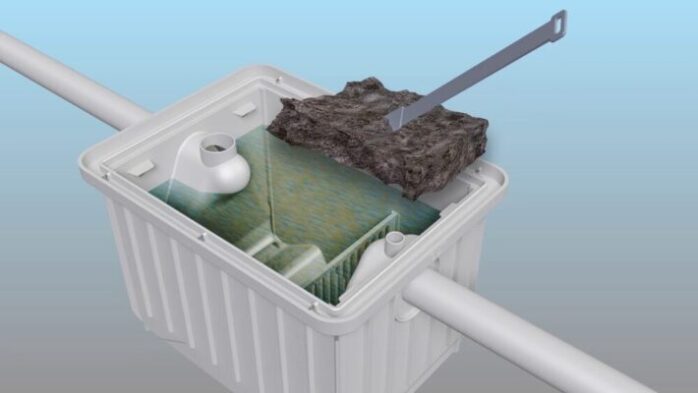
4. Professionals use special means and chemicals for cleaning grease
When cleaning grease traps, you must know that such work is performed with the help of special chemicals and agents. And not only that. Professionals also have specialized equipment for using these chemicals. With the help of such professional cleaning products, it will be much easier to remove grease from drains and similar places. So without the use of such means – this job is almost impossible to do.
5. They Use Powerful Nozzles In The Cleaning Process
Every professional grease trap service also has powerful nozzles that are used when washing the grease separator. We must keep in mind that these are very powerful machines that can prevent even the most stubborn layers of grease that accumulate on traps. We could never do something like this on our own using, for example, a simple water hose. A special method used by many services is Line Jetting. This method involves the use of hoses with strong nozzles – that work under high pressure, completely removing layers of grease from the pipes and their walls. This method of cleaning should be practiced several times a year.











